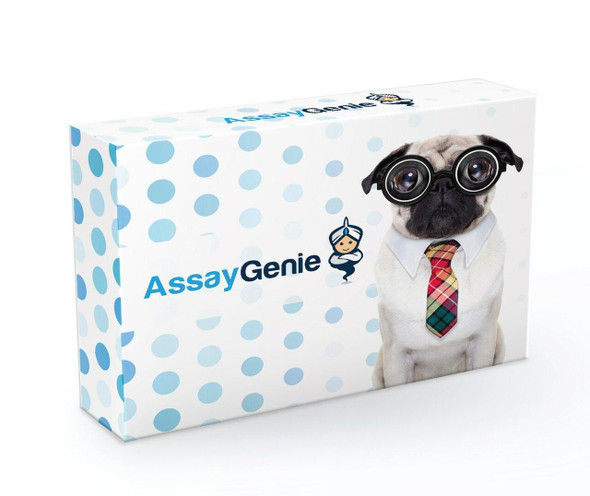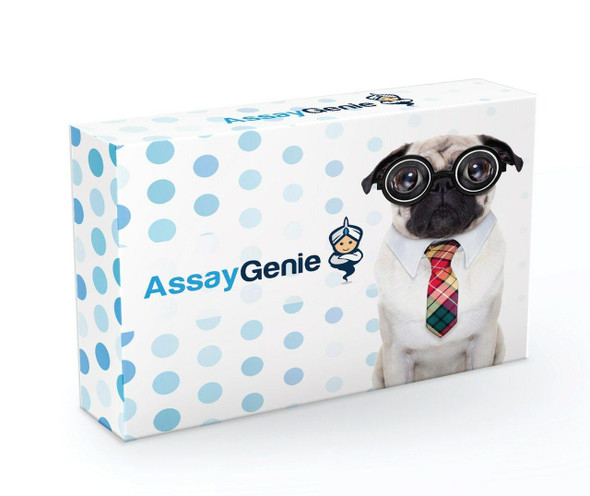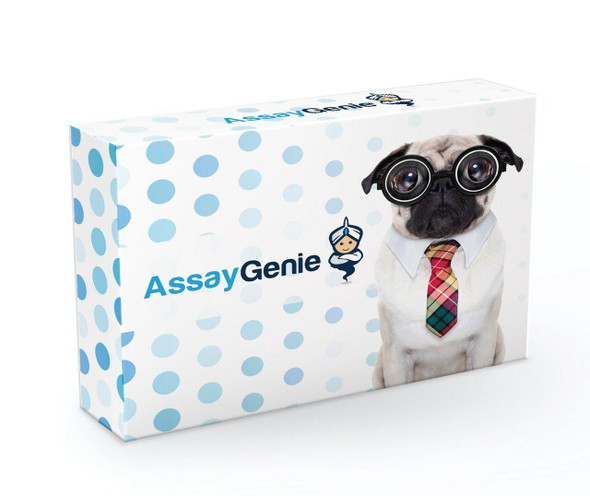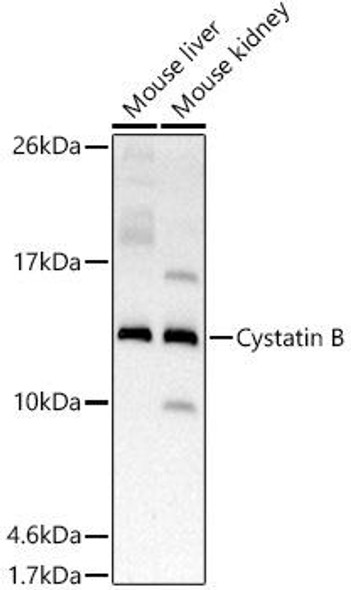Description
FGF 2 Monoclonal Antibody [NYR-hFGF-b] (CPAB0051)
The FGF-2 Polyclonal Antibody (CPAB0051) is a valuable tool for researchers studying fibroblast growth factor 2 (FGF-2), a key player in various cellular processes such as cell proliferation, differentiation, and angiogenesis. This antibody, produced in rabbits, is highly specific for human FGF-2 and has been validated for use in Western blotting applications.FGF-2 is a potent mitogen that has been implicated in a wide range of physiological and pathological conditions, including tissue repair, development, and tumorigenesis. By targeting the FGF-2 protein, researchers can investigate its role in different biological pathways and gain insights into its potential therapeutic applications in regenerative medicine and cancer therapy.
The FGF-2 Polyclonal Antibody is a reliable tool for detecting and analyzing FGF-2 expression in various cell types, making it suitable for studies in cell biology, developmental biology, and cancer research. Its high specificity and sensitivity make it an essential reagent for investigating the intricate functions of FGF-2 in health and disease.
| Product Name: | FGF 2 Antibody |
| Product Sku: | CPAB0051 |
| Size: | 500μg |
| Host Species: | Mouse |
| Immunogen: | r.Human FGF-b |
| Clone: | NYR-hFGF-b. |
| Reactivity: | Human |
| Applications: | Immuneprecipitation, Western Blot, ELISA |
| Purification Method: | Ion exchange |
| Isotype: | IgM |
| Background: | Basic fibroblast growth factor is a member of the fibroblast growth factor (FGF) family. FGF family members possess broad mitogenic and cell survival activities, and are involved in a variety of biological processes, including embryonic development, cell growth, morphogenesis, tissue repair, tumor growth and invasion. This protein functions as a modifier of endothelial cell migration and proliferation, as well as an angiogenic factor. It acts as a mitogen for a variety of mesoderm- and neuroectoderm-derived cells in vitro, thus is thought to be involved in organogenesis. Three alternatively spliced variants encoding different isoforms have been described. The heparin-binding growth factors are angiogenic agents in vivo and are potent mitogens for a variety of cell types in vitro. There are differences in the tissue distribution and concentration of these 2 growth factors. |
| Synonyms: | Prostatropin, HBGH-2, HBGF-2, FGF-2, FGF-b. |
| Storage Buffer: | In lyophilized form, for long periods, store at 4°C in a dry environment. After reconstitution, if not intended for use within a month, aliquot and store at -20°C. |










